SFSU Experimental College offers a hands-on course on hacking and lifestyle tips that involve learning recipes uniquely connected to hacking, all in an interactive and engaging environment. The course covers hacking history, cybercrime, and fundamental techniques.
The class has guest experts, such as Le Cordon Bleu graduate Chef Anthony Jefferson, who addresses cooking skills, along with the chance to learn about technology, security, health and psychology, cybersecurity and relationships.
“Ethical Hacking Kitchen: Learning to Hack in the Most Delicious Way” is a student-teacher-led course created and taught by Christopher Roberts. Roberts said he has been doing hacking for a long time, old school hacking, like Phreaking, a slang term describing the activity of a culture of people who study, experiment with, or explore telecommunication systems, such as equipment and systems connected to public telephone networks, before the internet.
As a kid, Roberts was fascinated by a book called The Anarchist Cookbook despite his disinterest in the politics of anarchism. It gave him a sense of value and a skill set to communicate with others. Whenever Roberts had a new idea, he would share it, but sometimes people would dismiss him. This only fueled Roberts’s creativity and he kept developing new ideas.
Ethical Hacking Kitchen aims to bridge cooking and hacking. According to The Ethical Hacking Kitchen Website, the course intention is that “by drawing parallels between hacking and the culinary arts, we emphasize the ingenuity, problem-solving abilities, and adaptability inherent in both domains. Our course offers a unique twist with a home-style cooking class. Participants will discover a collection of recipes that not only delight the taste buds but also have a symbolic connection to hacking.”
Roberts brought his idea to life with the assistance of what he calls his ‘silent partner.’
“The idea came to itself, the idea came by a model of AI, believe it or not. AI was a friend of mine,” Roberts said. “I call it my silent partner. I asked the AI one day, ‘Hey, I want to do a class at EXCO and I’m sitting with another EXCO teacher, Albert Feaster, he inspired me to do it. He did it, I’m like, I can do this too.”
Ethical Hacking Kitchen will host unconventional guest speakers in technology, security, health, and psychology — including former FBI agents, cybersecurity researchers, expert chefs, coders, sex educators from Good Vibrations in San Francisco, street magicians and prison inmates.

(Feven Mamo)
Roberts stated that over 20 students are attending the class, with occasional alumni and non-students present. The class meets every Friday in person and anyone can join via Zoom.
Ethan Hanlon, a computer science major, is a teacher assistant for the Ethical Hacking Kitchen class. Hanlon is also the current chief technology officer of Fog City Rocketry, an SFSU rocket club that competes in intercollegiate rocket-building competitions.
“We’ve worked for a little bit, and he [Roberts] just messaged me one time saying, ‘Hey, are you interested in being the T.A. for the class?’ It happened like three hours before the first class,” Hanlon said.
During Friday’s class, Hanlon used the Damn Vulnerable Web Application website to lead an exercise. He believes DVWA is a crucial learning tool.
DVWA is a tool for security professionals, web developers, students, and teachers to practice web vulnerabilities in a legal and controlled environment. It offers a straightforward interface and various levels of difficulty.
“In my own experience running online web services, these are some of the kinds of vulnerabilities I look out for,” Hanlon said.
Hacking has benefits regardless of expertise, Hanlon notes that knowing how to hack is beneficial – it can enhance your problem-solving skills on an abstract level. Even if you have limited experience in computer science, it can provide some insight into the systematic thinking process of computers.
“I hope to give people some insight as to just how much data they actually give when they’re going to a website. Because your computer, your browser, is a program in itself, and it’s doing a lot even beneath just showing you the page,” Hanlon said.
Michael Petrossian, a computer science major, joined Ethical Hacking Kitchen to pursue his interest in cybersecurity after being referred by a friend and impressed by the guest speakers.
“I’ve always been interested in hacking, cybersecurity-related things when I was young,” said Petrossian.
Petrossian describes the Ethical Hacking Kitchen classroom as open and like-minded, with classmates eager to experiment and explore the course content.
“The students are being a lot more involved in the class because they’re the ones who are making the class,” Petrossian said.
Petrossian is pleased that SFSU has a cybersecurity class, which reflects the increasing importance of cybersecurity and its integration with computer science.
“The cybersecurity world is going to be institutionalized and is going to be something that is going to be taught in classes. And I’m witnessing that, I’m trying to be at the forefront of that,” said Petrossian.





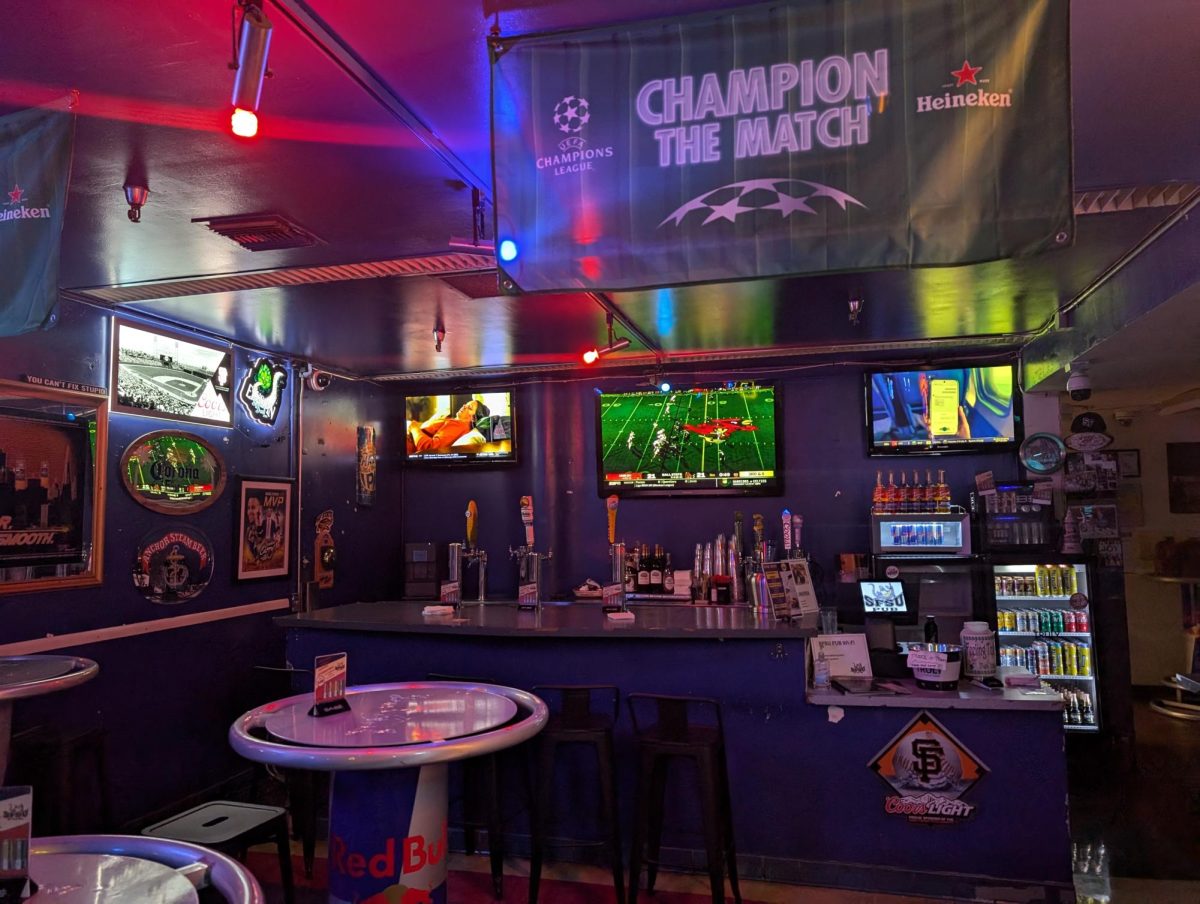

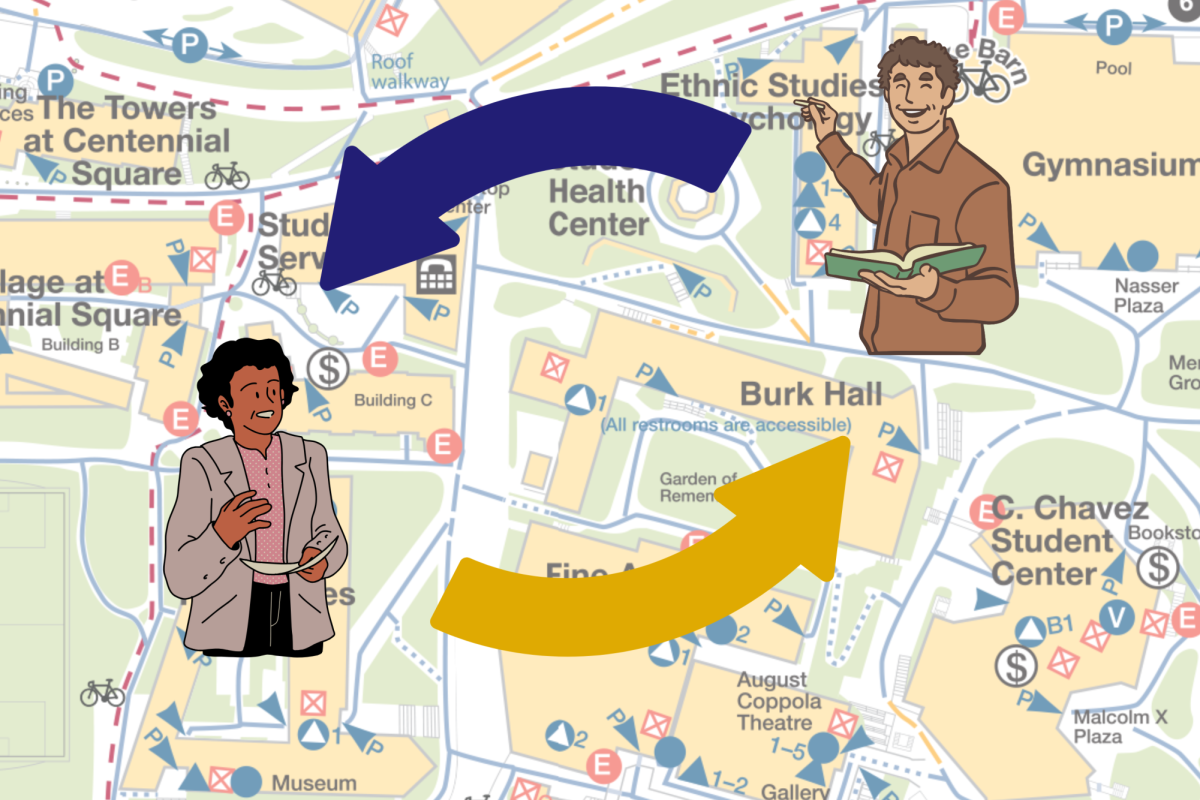

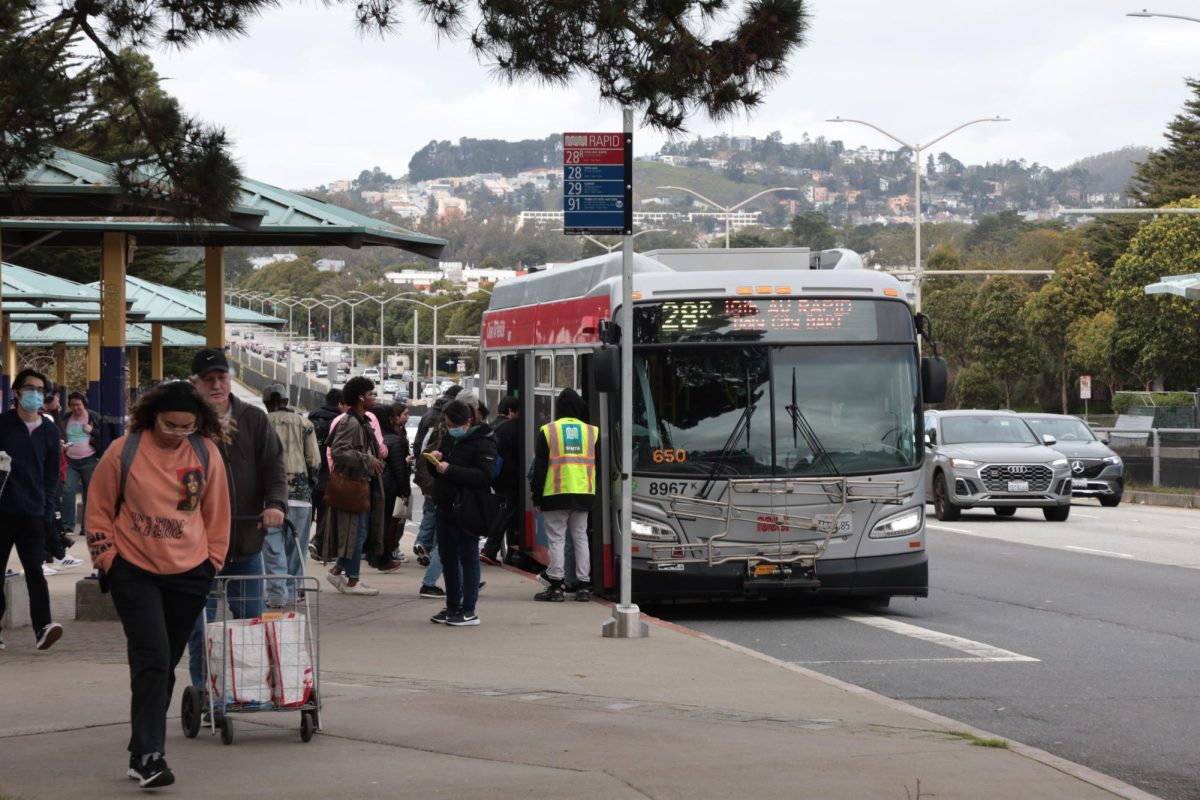
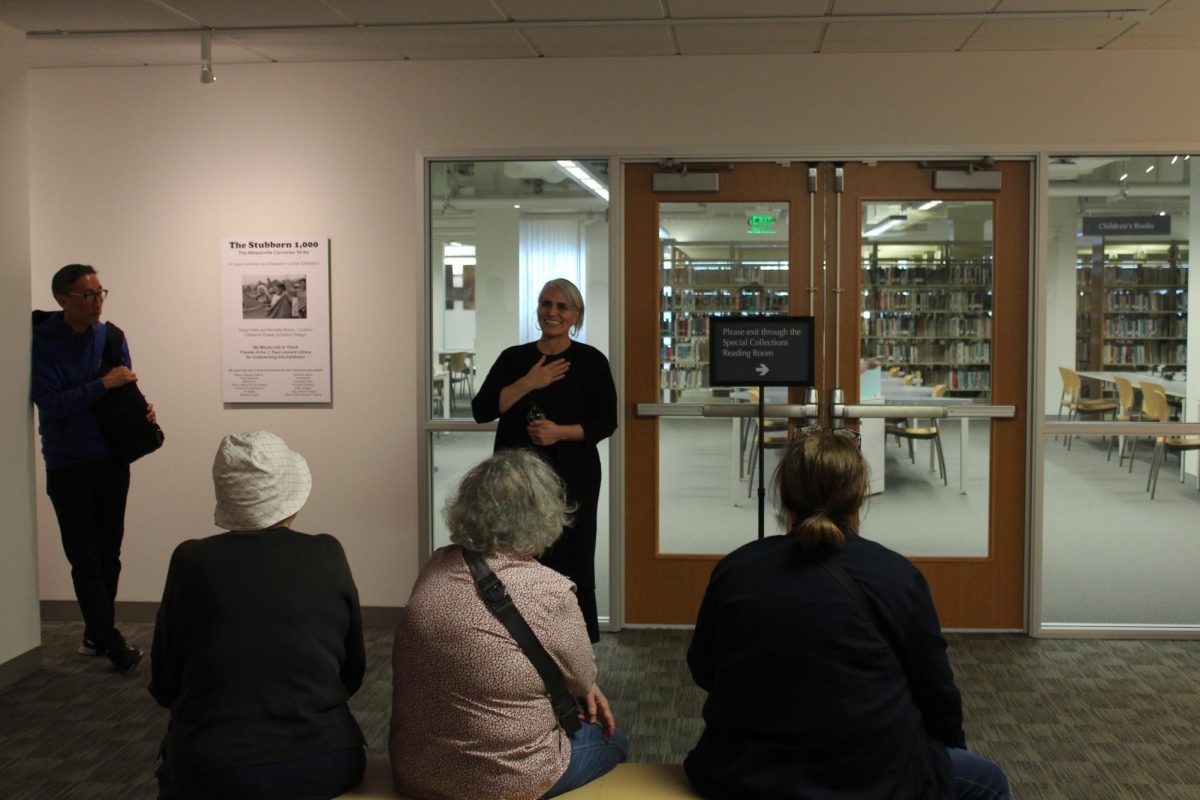
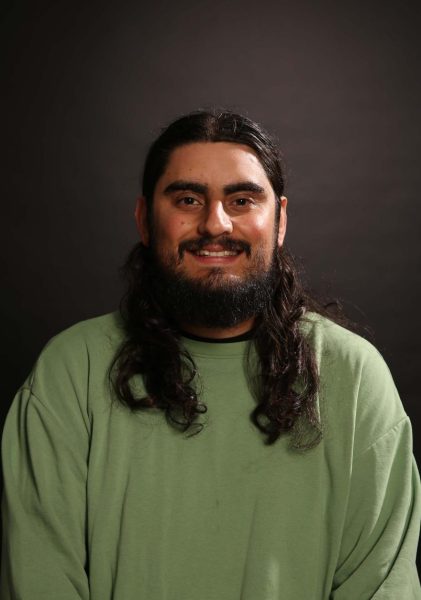
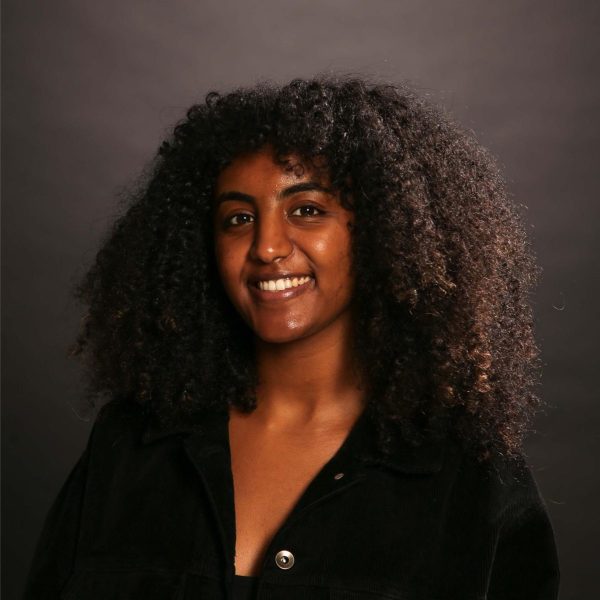
John james • Jul 2, 2024 at 10:30 am
That’s cool!